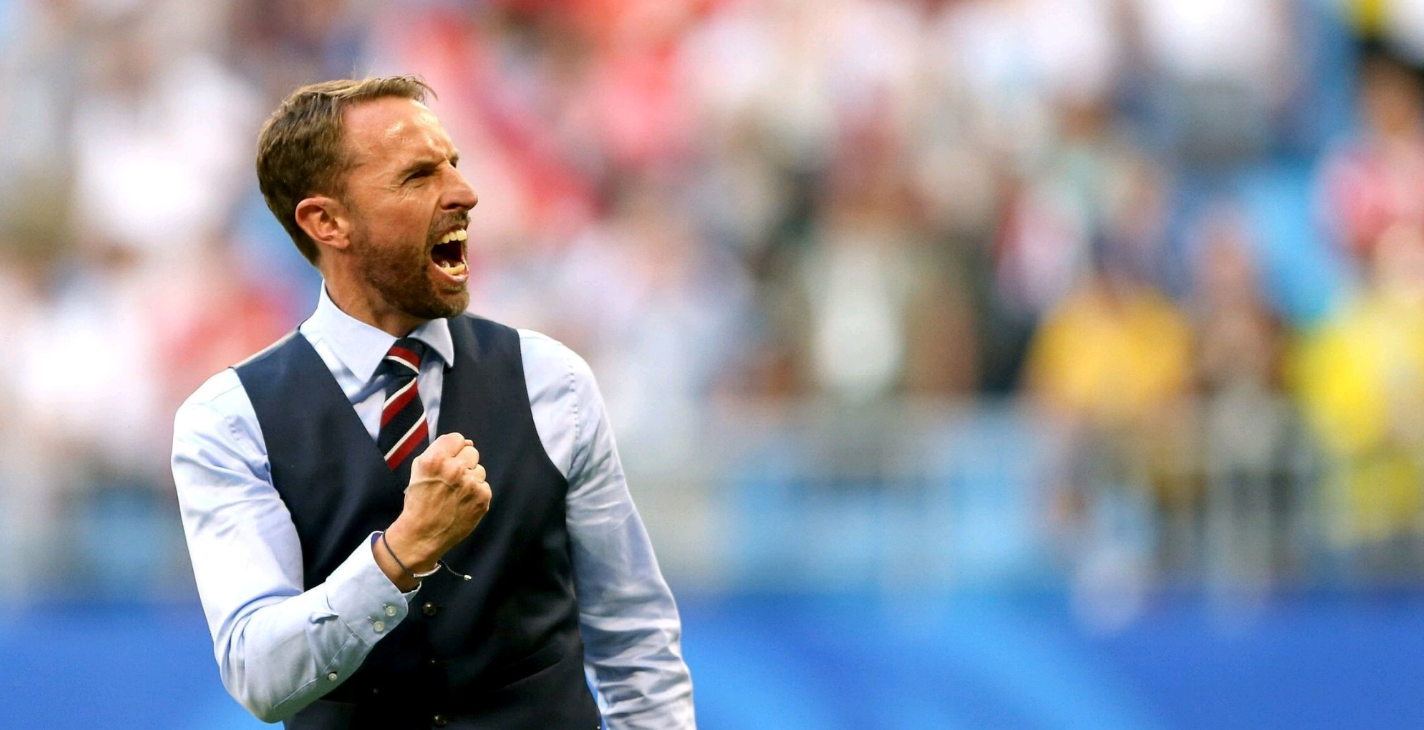Today in Football History: Mesut Özil Transfered to Arsenal from Real Madrid in 2013


1. Arsenal’s Record Signing: Mesut Özil (2013)
The transfer that sent shockwaves through English football was announced on September 2, 2013, when Arsenal confirmed the arrival of Mesut Özil from Real Madrid for a then-club-record fee of £42.5 million (€50 million) . This blockbuster deal made the German playmaker the second-most expensive signing in Premier League history at the time, trailing only Fernando Torres’ £50 million move to Chelsea in 2011 . For Arsenal, a club often criticized for fiscal caution under manager Arsène Wenger, the acquisition marked a seismic shift—Wenger himself had teased “a good surprise” just days before the transfer deadline, heightening anticipation among fans starved of silverware since 2005 .
Özil’s arrival addressed a long-standing void in Arsenal’s attacking midfield. Fresh off winning La Liga and reaching the Champions League semi-finals with Real Madrid, the 24-year-old brought a visionary passing range that redefined Arsenal’s attacking play. His debut against Sunderland on September 14, 2013, showcased his instant impact: he registered an assist within 11 minutes, setting up Olivier Giroud’s goal in a 3–1 victory . Over eight seasons, Özil made 254 appearances across all competitions, scoring 44 goals and providing 79 assists—a creative output that included 59 Premier League assists in 184 games .
His trophy haul at Arsenal included three FA Cup triumphs (2014, 2015, 2017) and a Community Shield in 2015 . The 2014 final against Hull City epitomized his big-game influence: despite Arsenal trailing 2–0 early, Özil’s midfield orchestration helped spark a comeback, with his pinpoint crosses creating scoring chances in the 3–2 victory. He was named Arsenal’s Player of the Season in 2015/16, a campaign where he notched 19 assists in all competitions .
However, his later years were marred by fluctuating form and contract disputes. By 2021, with his £350,000-a-week deal set to expire, Özil departed for Fenerbahçe, leaving behind a complex legacy: a transformative talent whose creativity peaked in North London but whose decline mirrored Arsenal’s own struggles to bridge the gap to title contenders .

2. Birthdays of Football Legends: Gareth Southgate (1970)
Born on September 3, 1970, in Watford, Gareth Southgate’s journey from penalty heartbreak to managerial immortality has cemented his status as one of England’s greatest football figures. His playing career spanned three decades and three clubs, beginning at Crystal Palace where he made 191 appearances, captained the side, and helped secure promotion to the Premier League in 1993/94 . A versatile defender, he later moved to Aston Villa for £2.5 million in 1995, forming a legendary partnership with Ugo Ehiogu that won the 1996 League Cup and reached the 2000 FA Cup final .
Southgate’s international career, however, was defined by a moment of despair: his missed penalty in the 1996 Euro semi-final shootout against Germany at Wembley, which ended England’s tournament hopes. He later joked about the incident in a famous Pizza Hut advert alongside fellow penalty villains Stuart Pearce and Chris Waddle, showing the resilience that would become his hallmark . Capped 57 times for England, he scored twice and represented his country at two World Cups .
His managerial ascent began with Middlesbrough in 2006, though relegation in 2009 led to his sacking. Undeterred, he rebuilt his reputation as head of England’s elite development and U21 manager before taking the senior job in 2016 . What followed was a golden era: Southgate became the first England manager to reach a World Cup semi-final (2018) and a European Championship final (2020) since 1966, breaking decades of “tournament failure” narratives .
His tenure by the numbers is staggering: 102 games in charge (third-most in England history), 61 wins, 213 goals scored, and just 72 conceded . Under his stewardship, England reached the quarter-finals of four consecutive major tournaments (2018 World Cup, 2020 Euro, 2022 World Cup, 2024 Euro) and nurtured a new generation of stars including Harry Kane, Bukayo Saka, and Jude Bellingham . Notably, he revolutionized England’s penalty shootout fortunes, overseeing victories in three consecutive tournaments—a redemptive arc for the man who once bore the weight of national disappointment .
Off the pitch, Southgate’s emphasis on inclusivity and mental health advocacy has redefined the role of an international manager, making him not just a tactical mastermind but a cultural icon. As he turns 55 in 2025, his legacy as a unifier and winner remains unparalleled in modern English football .
